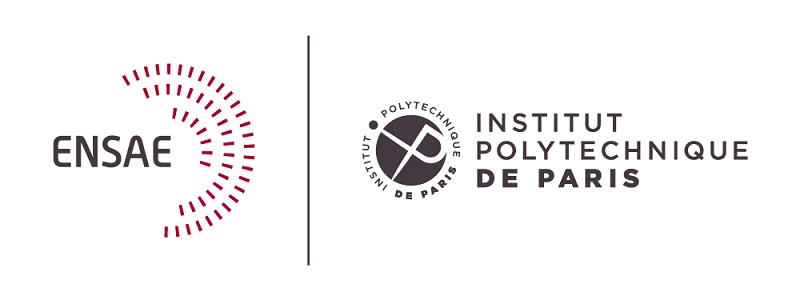Essays on the Role of Information in Job Search Behavior and Demand for Training
Essai sur le rôle de l’information sur le comportement de recherche et la demande pour la formation professionnelle
Résumé
My dissertation examines the impact of information on job search behavior and demand for vocational training.The first chapter evaluates of the impact of the website Bob Emploi, which aims at delivering news to jobseekers about the labour market. Results indicate that there is no impact on jobseekers' search effort and search scope. However, job seekers using the website are more likely to rely on personal networks and to use resources provided by public employment services. Finally, there is no effect on self-reported well-being and on employment.The second chapter focuses on the role of information about training on the enrollment rate.Results indicate that receiving an email with a message emphasizing training returns in terms of employment more than doubles the likelihood that job seekers call back the training center. However, callback rates are low in absolute value (less than one percent) and there is no impact on enrollment. Our results suggest that the effects on callbacks are driven by increasing salience of basic information about training rather than by belief updating.Finally, the third chapter focuses on the demand for vocational training as well, but takes into account behavioural constraints. Distinguishing between ``external'' beliefs (about the world) and ``internal'' beliefs (about the self), results show that jobseekers experience financial constraints preventing them from joining a training program, and that they underestimate the proportion of subsidized programs available to them. Obstacles related either to self-efficacy, self control, self esteem and executive function are equally mentioned among jobseekers reporting internal barriers in training enrollment. In light of this diagnosis, the last part is dedicated to the design for a random control trial, with interventions relying on the delivery of information through app-base courses, and interactive sessions involving groups of jobseekers. Theses courses aim at targeting either external or internal beliefs, or both of them simultaneously.
Cette thèse explore l'impact de l'information sur comportement de recherche d'emploi et la demande pour les formations professionnelles.Le premier chapitre évalue l'impact du site internet Bob Emploi, qui vise à délivrer de l'information aux demandeurs d'emploi à propos du marché du travail. Les résultats indiquent qu'il n'y a aucun impact sur l'effort de recherche des demandeurs d'emploi et le prérimètre géographique et sectoriel de la recherche. Cependant, les demandeurs d'emploi ayant recours à Bob Emploi mobilisent davantage leur réseau personnel ainsi que les services publics de l'emploi. Enfin, il n'y a aucun effet sur le bien-être et sur le retour à l’emploi.Le deuxième chapitre examine le rôle de l'information sur l’entrée en formation professionnelle. Les résultats indiquent que la réception d'un email avec un message mettant l'accent sur les opportunités de retour à l’emploi après la formation fait plus que doubler la probabilité que les demandeurs d'emploi rappellent le centre de formation. Cependant, les taux d’appel sont faibles en valeur absolue (moins de 1%) et il n'y a aucun impact sur l’inscription en formation. Nos résultats suggèrent que l’impact détecté sur les appels est davantage dû à l'augmentation de l'importance accordé aux informations sur la formation plutôt qu’à la mise à jour des croyances des demandeurs d'emploi.Enfin, le troisième chapitre étudie également la demande pour la formation professionnelle, mais prend en compte les contraintes comportementales. Distinguant les croyances ``externes'' (sur le monde) et les croyances ``internes'' (sur soi-même), les résultats montrent que les demandeurs d'emploi subissent des contraintes financières les empêchant de rejoindre un programme de formation, et qu'ils sous-estiment la proportion de formations disponibles qui sont financées. Les obstacles internes liés à l'auto-efficacité, aux preferences inter-temporelles, à l'estime de soi et à la capacite d’organisation sont mentionnés à part égale par les demandeurs d'emploi indiquant avoit des obstacles internes à l'inscription en formation. À partir de ce diagnostic, la dernière partie est consacrée au design d'un essai randomisé contrôlé, avec des interventions reposant sur la transmission d'informations via des cours en ligne, et des sessions interactives par groupes de demandeurs d'emploi. Ces cours visent à cibler les croyances externes, internes, ou les deux simultanément.
Origine : Version validée par le jury (STAR)
